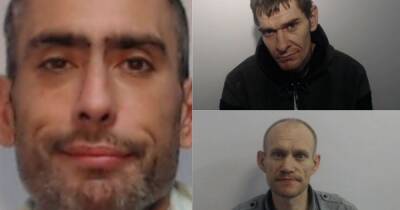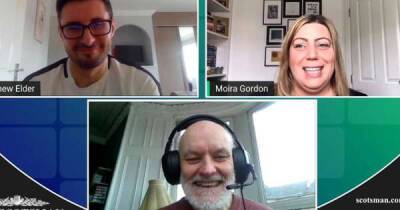Can you catch Covid twice? Professor explains how quickly you could be re-infected
Coronavirus cases are continuing to rise across the UK. In England nearly reached a record high on Friday, with around one in 16 people in private households in England – or 3.5 million people – likely to have had Covid-19 in the week to March 19.
This is up from one in 20, or 2.7 million people, in the previous week and is the third week in a row that infections are estimated to have risen. Professor Sir Chris Whitty said the new Omicron variant has “topped out” in Scotland – but is still predicted to have a “significant wave” in England.
He told the Science of Covid conference that he expects the 'stealth' BA.2 variant to reappear over autumn and winter unless a new Covid variant takes its place. He warned: “There will be multiple new variants and we may well get ones that are significantly vaccine-escaping, in which case, we’re in a very different place.”
Read more: Coronavirus rates increase across Greater Manchester as region records almost 18,000 new weekly cases
In the early days of the pandemic, it was extremely rare to hear of people catching Covid twice. But that's simply not the case anymore, reports the BBC, especially since the Omicron variant emerged in November.
The BBC reported that the rates of re-infection have been about 10 times higher this year compared with rates seen earlier in the pandemic. So, just how soon could you catch Covid again, after already being infected?
Professor of molecular medicine at the University of Kent Martin Michaelis explained that typically, reinfections are only considered if 'there is a time gap of at least 90 days between the initial infection and the reinfection.'
Professor Michaelis told Wales Online that 'we know people who had Covid in the past can be






